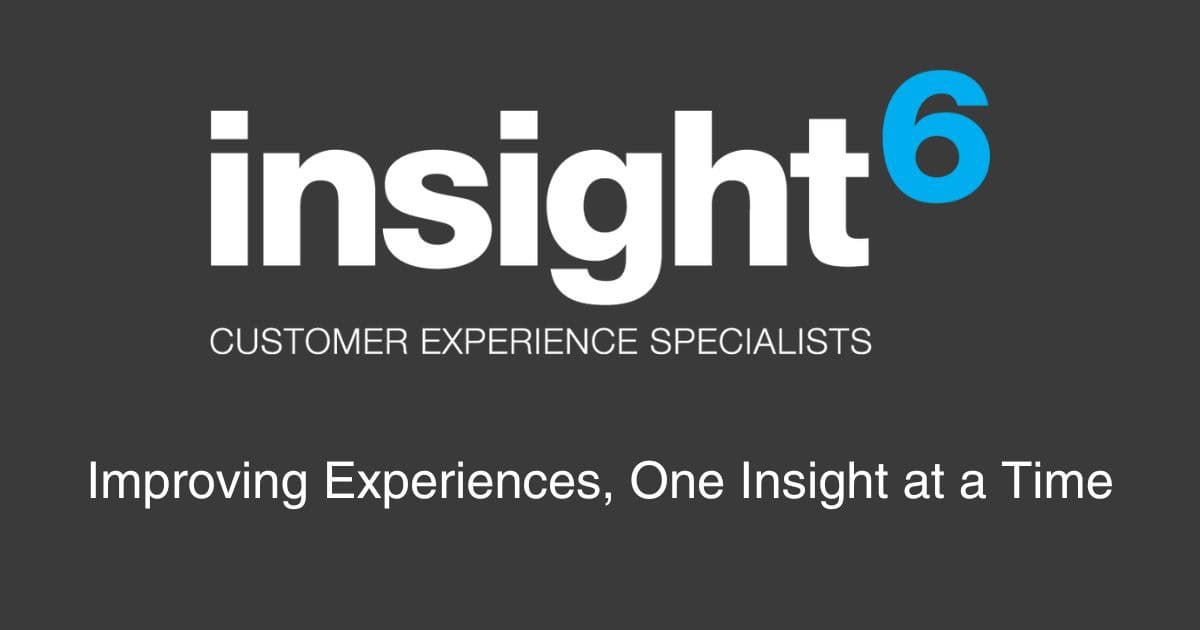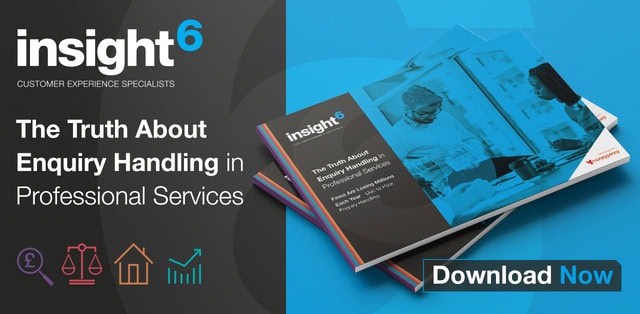When I book a holiday, I have a process I routinely follow. I choose several hotels or destinations based on my budget and the facilities I require, I narrow the list down to two or three possibilities and then I go to TripAdvisor, or a similar review engine, to read up on the reviews.
No, it’s not always 100% accurate and there are many variable factors, not the least of which is the objectivity or subjectivity of the author. However, it is fair to say that if the reviews are all generally positive, my chosen option would be a safe choice. Not only do the reviews provide me with a general insight into the quality of the hotel, they also often offer tips. For example, ‘the ground floor can be noisier’ or ‘it is a long walk to the beach which may not be suitable for buggies’, etc.
Research shows I’m not alone. More than 50% of people research their chosen destination online using a review platform before they go ahead and commit. This has significant implications for the hospitality/tourism industry as they navigate the new territory of savvy, digitally-connected consumers with high expectations. Whether it’s TripAdvisor, TrustPilot, Yelp, Amazon, Facebook, checkatrade.com or any of the more industry specific review websites, reviews matter.

Last week my neighbour informed me of her ongoing drama with Everest windows. As busy professionals, both her and her husband decided to choose Everest Windows based on their reputation and their logo ‘Fit The Best’. Completely aware that this company was known to be more expensive than its competitors, they happily parted with their deposit as they ‘had no time to rectify issues or mistakes that might arise with cheaper companies’.
In fact, the installation dates were delayed, the wrong colour windows were installed and the brickwork above one of the windows sagged with gaping open spaces between the courses.
After hours spent on the telephone and emailing the customer services and complaints department, my neighbour was unable to elicit a response or any semblance of responsibility. Driven to desperation she wrote a scathing review on TrustPilot. Within 20 minutes she received a phone call and was assigned a manager to review and redress her case. The power of social media is frighteningly real. And whilst Everest may be failing on the customer service and product front, at least they are aware of the power of review websites and social media and clearly have a response plan in place!
Your reputation is your success (or not!). Whether it’s a service or a product you are offering, there will be a series of written reviews out there in google world (other search engines are available…) and within a few clicks your potential customer will have a plethora of information about you. It may not always be 100% accurate but general patterns can usually be determined and decisions made in a matter of seconds.
What are you doing to protect your reputation? Three simple steps can mean you remain a popular choice for the sofa surfers who would never think of making a purchase without reading reviews.
- Stay connected. If you are a digital dinosaur you may be hindering your own business success. Read your own business reviews regularly and set up alerts if your name is mentioned on social media.
- Be responsive. Respond immediately to any negative review with a promise to contact that customer directly. Do not write a very defensive rant in which you moan, complain or criticise the complainant (example below)
- Ask your customers if they would mind writing a review for you if they are happy with your service. The more positive reviews about you, the more likely that ‘potential customer’ will become an actual customer.





0 Comments